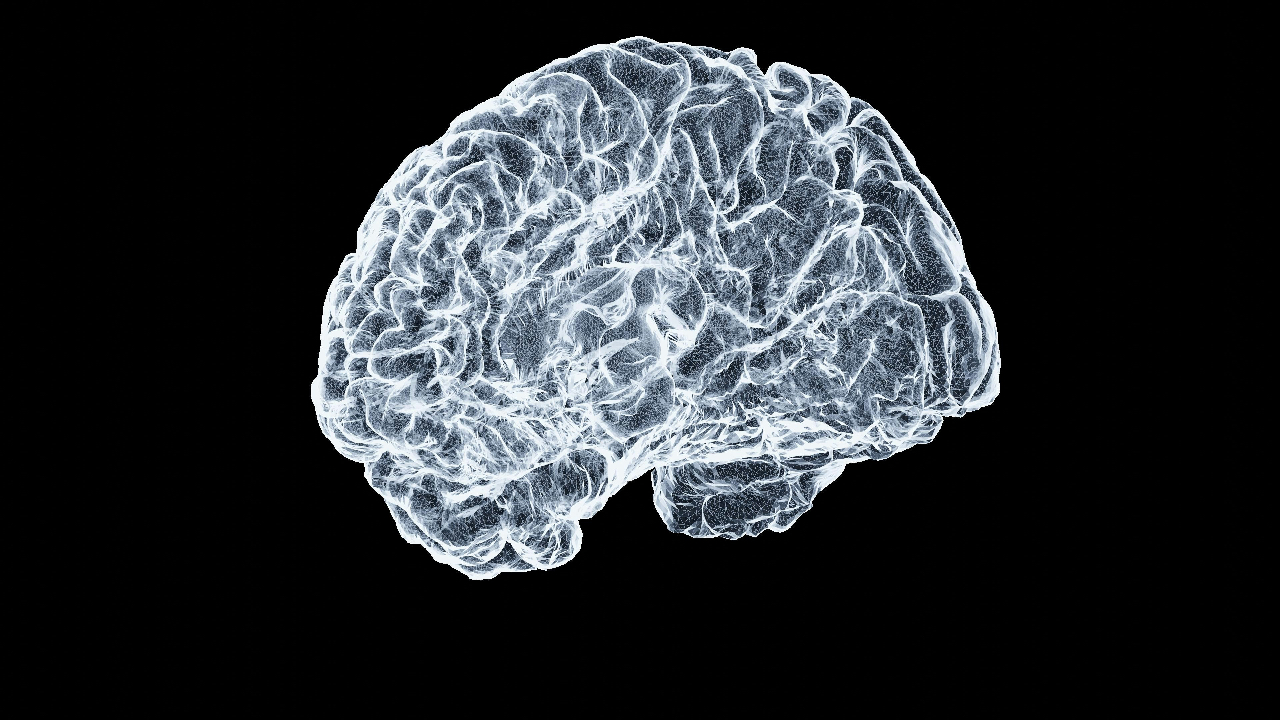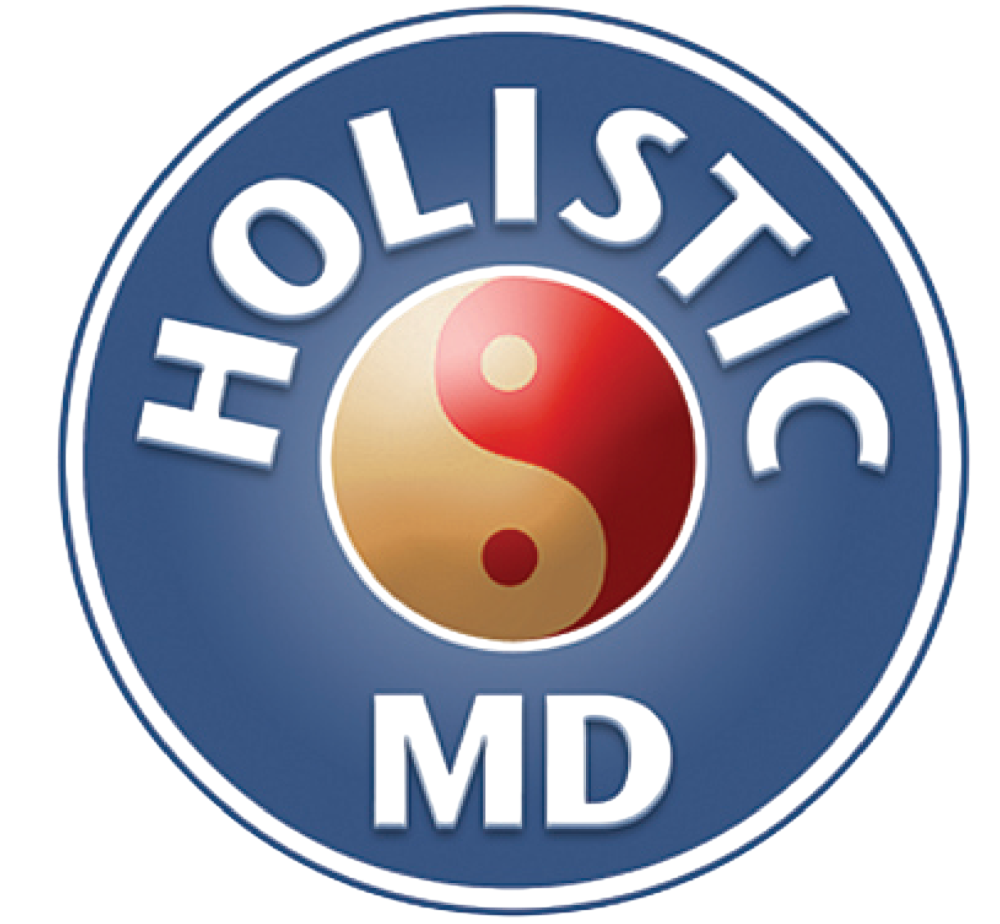What Is the Difference Between Conventional and Holistic Psychiatry?
Aug 01, 2025
Conventional psychiatry has made significant progress over the last fifty years. However, it still lags behind other medical specialties in several important ways.
Let’s begin with diagnosis. Conventional psychiatry relies on the Diagnostic and Statistical Manual of Mental Disorders, Fifth Edition (DSM-5), a classification system that has generated considerable controversy. In fact, the National Institutes of Health has publicly distanced itself from the DSM due to its limitations. It’s not uncommon for the same patient to receive different diagnoses from different psychiatrists, even on the same day. Despite its standardized criteria, the DSM is symptom-based, not grounded in objective data such as laboratory testing. This framework is reminiscent of 19th-century symptom descriptions and lacks biological markers or precision.
The development of the DSM was driven, in part, by the needs of pharmaceutical companies. In order to approve a medication, the FDA requires only that it demonstrate a statistically significant effect compared to a placebo—regardless of how minor the effect may be or how significant the side effects are. Effectiveness is typically measured over just a few weeks.
As a result, treatment in conventional psychiatry is diagnosis-based rather than individualized. The goal is often limited to symptom reduction, not full recovery. Medications may offer temporary relief, but they are frequently accompanied by side effects that are accepted as the cost of treatment. When symptoms return, additional medications or substitutions are prescribed. Long-term or lifelong medication is usually assumed. Tapering or discontinuing medication is rarely encouraged or researched, in part because pharmaceutical companies have little incentive to explore those options.
The Holistic Psychiatry Approach
Holistic psychiatry takes a fundamentally different view. Rather than focusing narrowly on diagnoses, it considers the person as a whole—mind, body, and environment.
Assessment includes understanding a person’s ancestry, cultural background, family dynamics, lifestyle, diet, sleep patterns, relationships, and medical history. The key question becomes: What is the root cause of this condition? Holistic evaluation considers genetic factors, lab results, medication effects, past infections, nutritional deficiencies, toxic exposures, and more.
In our practice, we use a unique diagnostic method called Body Energetic Testing (BET) to assess imbalances and guide treatment strategies. BET allows us to gather real-time, individualized information that supports both diagnosis and progress tracking.
Our goal is to help clients achieve optimal health and well-being. To do this, we implement a wide array of therapeutic tools, beginning with foundational elements like restoring sleep, optimizing nutrition, regulating exercise, and reducing chronic stress. We also use herbs, supplements, and homeopathic remedies, and address chronic infections, detoxification, hormonal balance, and autonomic nervous system regulation.
When patients are already taking psychiatric medications, we support them—when they are ready—in the process of careful medication reduction and, if possible, discontinuation.
Every treatment plan is personalized and considers the individual's unique needs, values, and financial situation.
Comparison Table
| Aspect | Conventional Psychiatry | Holistic Psychiatry |
|---|---|---|
| View of the Patient | Focus on diagnosis and symptom classification | Sees the individual as a whole—mind, body, and environment |
| Diagnosis | Based on DSM-5 symptom checklists; often subjective | Seeks root causes; includes lifestyle, trauma, labs, and energetic evaluation |
| Testing | Rarely uses lab work or objective testing for psychiatric diagnoses | Incorporates lab testing, history, and Body Energetic Testing (BET) |
| Medication Approach | Primary treatment is psychotropic medication | Medications may be used, but focus is on reducing or discontinuing them when appropriate |
| Treatment Focus | Suppression of symptoms | Restoration of balance, function, and well-being |
| Time Frame | Often long-term or lifelong medication management | Time-limited treatment with goal of true healing and independence |
| Therapeutic Tools | Primarily medications, occasional psychotherapy | Includes nutrition, sleep, stress reduction, detox, herbs, homeopathy, and trauma resolution techniques |
| Patient Involvement | Patient follows treatment plan prescribed by psychiatrist | Patient is actively involved in healing process; partnership-based care |
| Outcome Goal | Symptom control | Deep healing, emotional resilience, and optimized mental health |

